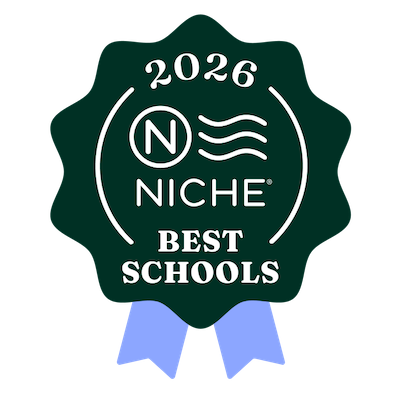Leisure at the Lyceum – Spring Event Recap
March 21st, 2024
leisure at the lyceum - bringing together what is being torn apart
On March 14th Pacifica's Center for Philosophy + Theology had the pleasure of welcoming Dr. Paul Contino of Pepperdine University to Pacifica’s campus. Dr. Contino led students and community members to reflect on Dostoevsky’s relationship to modernity through one of his seminal novels, The Brothers Karamazov, especially how we might find holistic “re-enchantment” through Dostoevsky’s characters in a world that has been thoroughly disenchanted by Modernity and Postmodernity.
DR. CONTINO WELCOMED TO PACIFICA
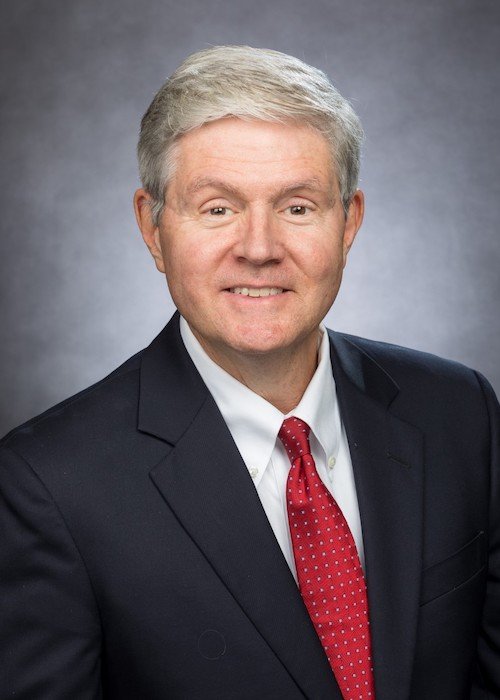 Dr. Contino was greeted on Wednesday evening at a dinner with faculty and staff of the Pacifica Center for Philosophy + Theology, kindly hosted by Jeff and Joanna Ennis. The evening consisted of warm connections, substantive conversation on topics in philosophy and culture (and even politics!), and budding friendships and collaborations.
Dr. Contino was greeted on Wednesday evening at a dinner with faculty and staff of the Pacifica Center for Philosophy + Theology, kindly hosted by Jeff and Joanna Ennis. The evening consisted of warm connections, substantive conversation on topics in philosophy and culture (and even politics!), and budding friendships and collaborations.
Strolling through the pacifica lyceum
Leisure at the Lyceum, the center's guest speaking series, is focused on “bringing together what is being torn apart.” In a fractured world, we aim to have thoughtful conversations to help us think and live well. The Lyceum was Aristotle’s school in Athens during the 4th century BC. As they strolled through nature, Aristotle and his pupils discussed mathematics, philosophy, and logic. They engaged in physical exercises like boxing and wrestling. Lyceum means “to stroll,” to make time to reflect and consider reality. When we reflect upon what we are learning, the possibility of intentional growth and transformation happens. The evening guests and the students in the seminar reflected, listened, and engaged in meaningful conversation at Pacifica’s Lyceum.
the shaftesbury seminar
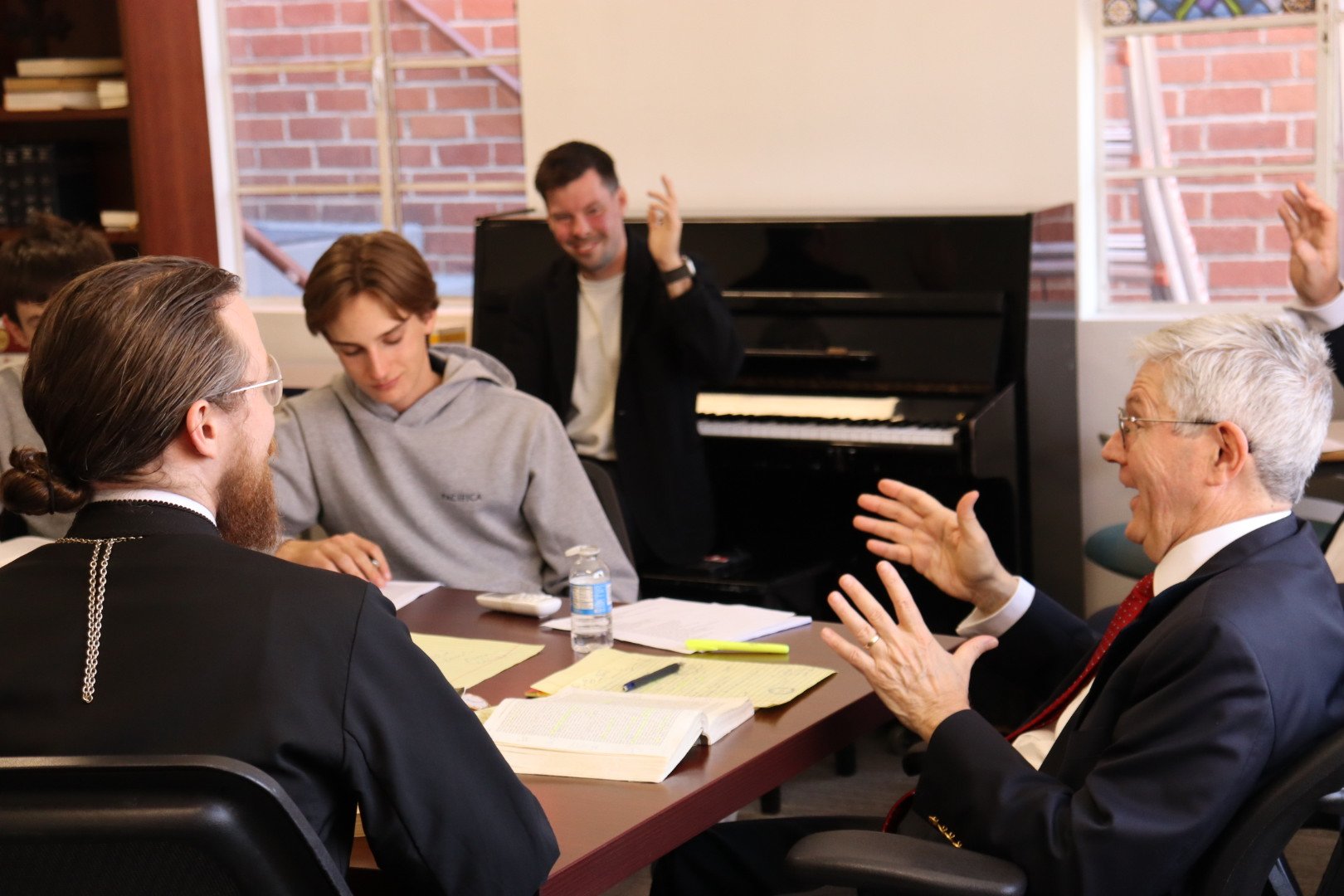 In the afternoon, a select group of students were led in an intensive honors Socratic seminar on Book 6 of the Brothers Karamazov, focusing on Dostoevsky’s answer to Ivan Karamazov’s tirades against God in the infamous scenes of “Rebellion” and the “the Grand Inquisitor.” Dostoevsky says it is the Elder Zosima—a character based on Elder Amvrosy of the Optina Monastery in Russia, with whom Dostoevsky had contact—and Ivan’s younger brother Alyosha (a novice monk) who serve as a response to Ivan. The discussion focused on the meaning of suffering as well a sustained reflection on personal and collective guilt, especially in the famous phrase said by Elder Zosima: “each man is guilty before all for all.”
In the afternoon, a select group of students were led in an intensive honors Socratic seminar on Book 6 of the Brothers Karamazov, focusing on Dostoevsky’s answer to Ivan Karamazov’s tirades against God in the infamous scenes of “Rebellion” and the “the Grand Inquisitor.” Dostoevsky says it is the Elder Zosima—a character based on Elder Amvrosy of the Optina Monastery in Russia, with whom Dostoevsky had contact—and Ivan’s younger brother Alyosha (a novice monk) who serve as a response to Ivan. The discussion focused on the meaning of suffering as well a sustained reflection on personal and collective guilt, especially in the famous phrase said by Elder Zosima: “each man is guilty before all for all.”
DOSTOEVSKY SPEAKS TO MODERNITY
In the evening, Pacifica welcomed students, faculty, community members, and friends to a lecture given by Dr. Contino, which traced the history of ideas in modernity, provided some synopsis of Dostoevsky’s life and the novel the Brother Karamazov, and concluded with the final scene from the novel that takes place between Alyosha and some children. Dr. Contino provided some starting points for the audience to think more deeply about the gifts Dostoevsky’s vision brings to the challenges of modernity. Through a thoroughly Christian vision of the universe, one that is communal and Eucharistic, Dostoevsky offers solutions to what Charles Taylor calls the modern “immanent frame,” a secular world where God is banished, as well as healing from increasing problems of individualism and atomization.
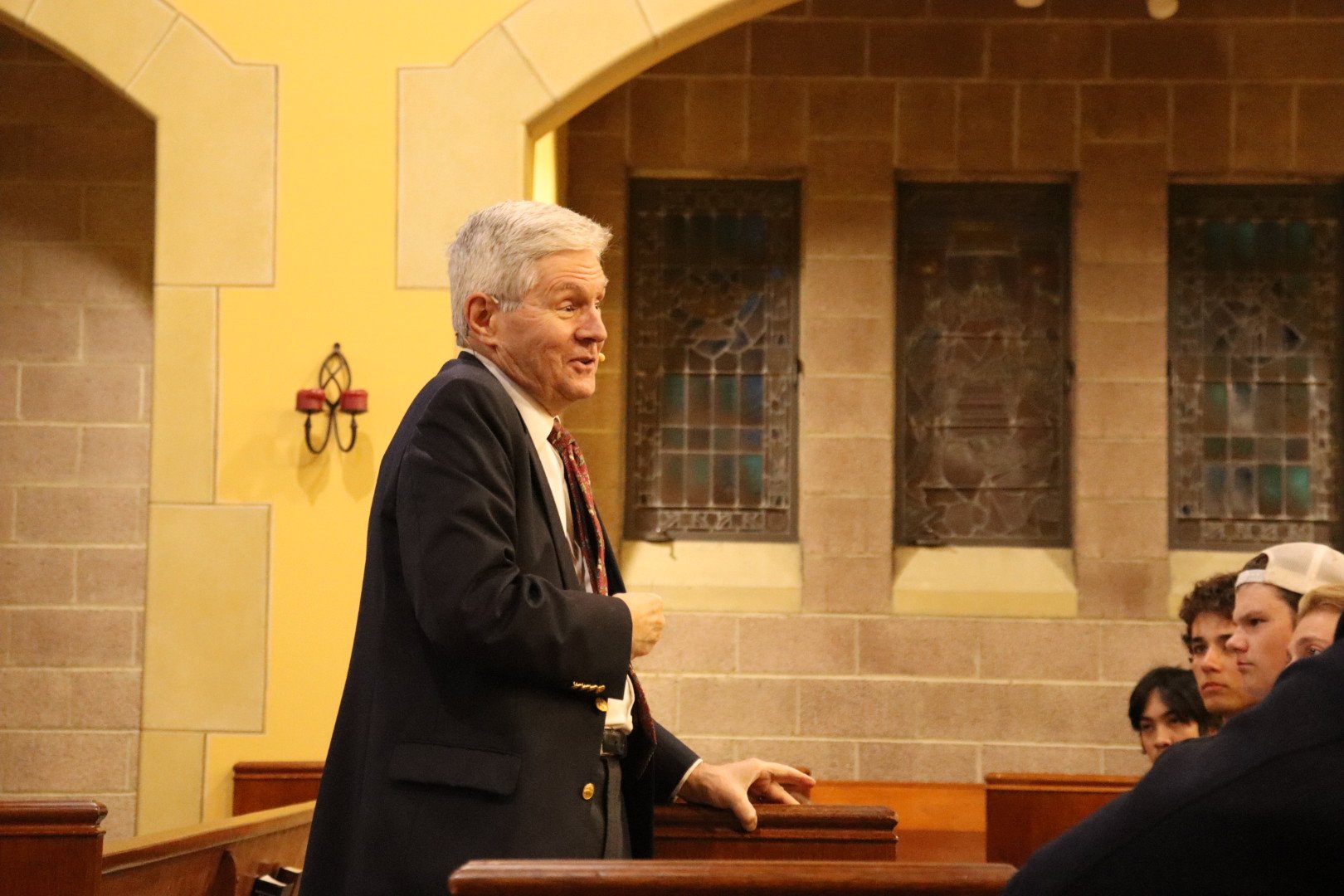
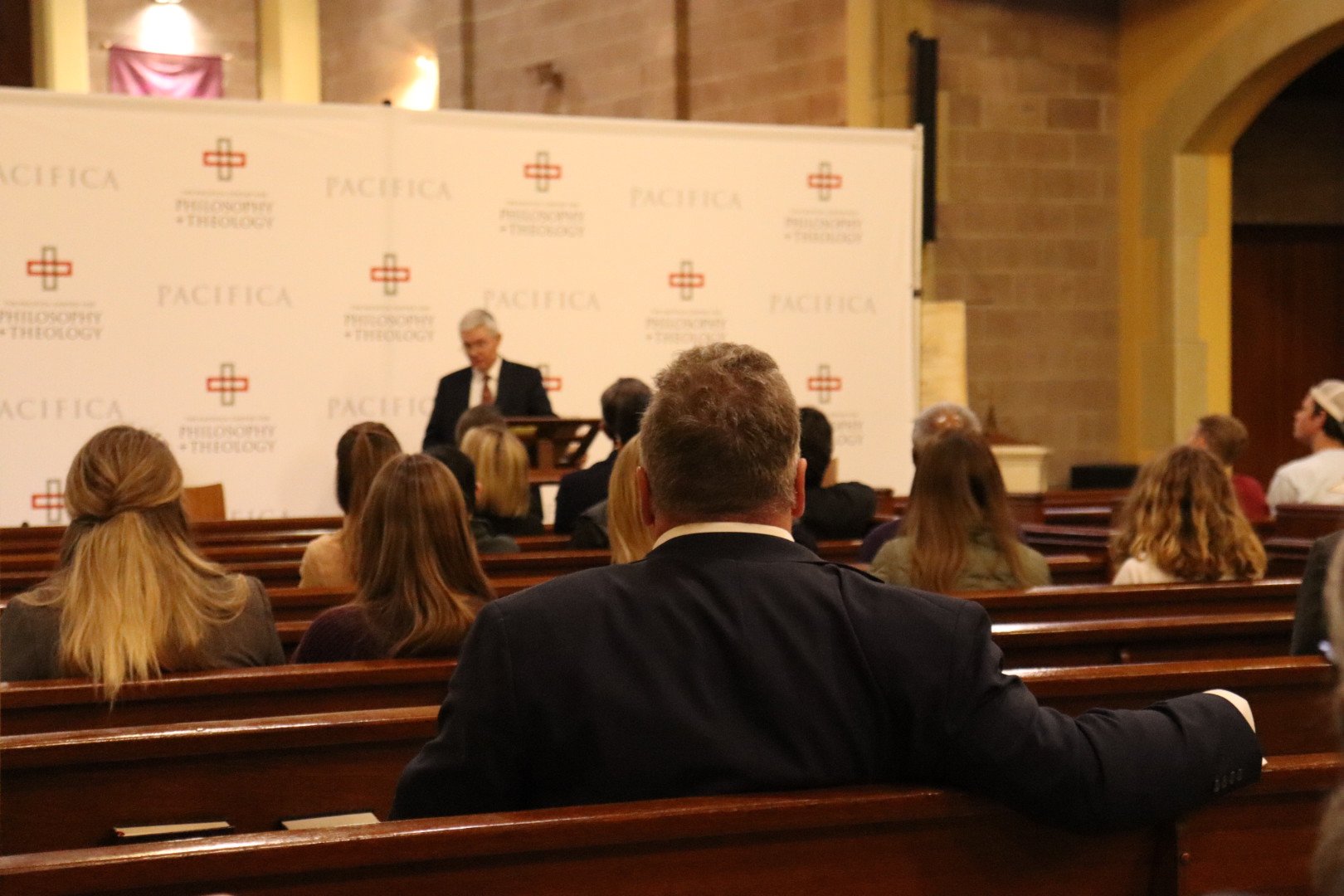
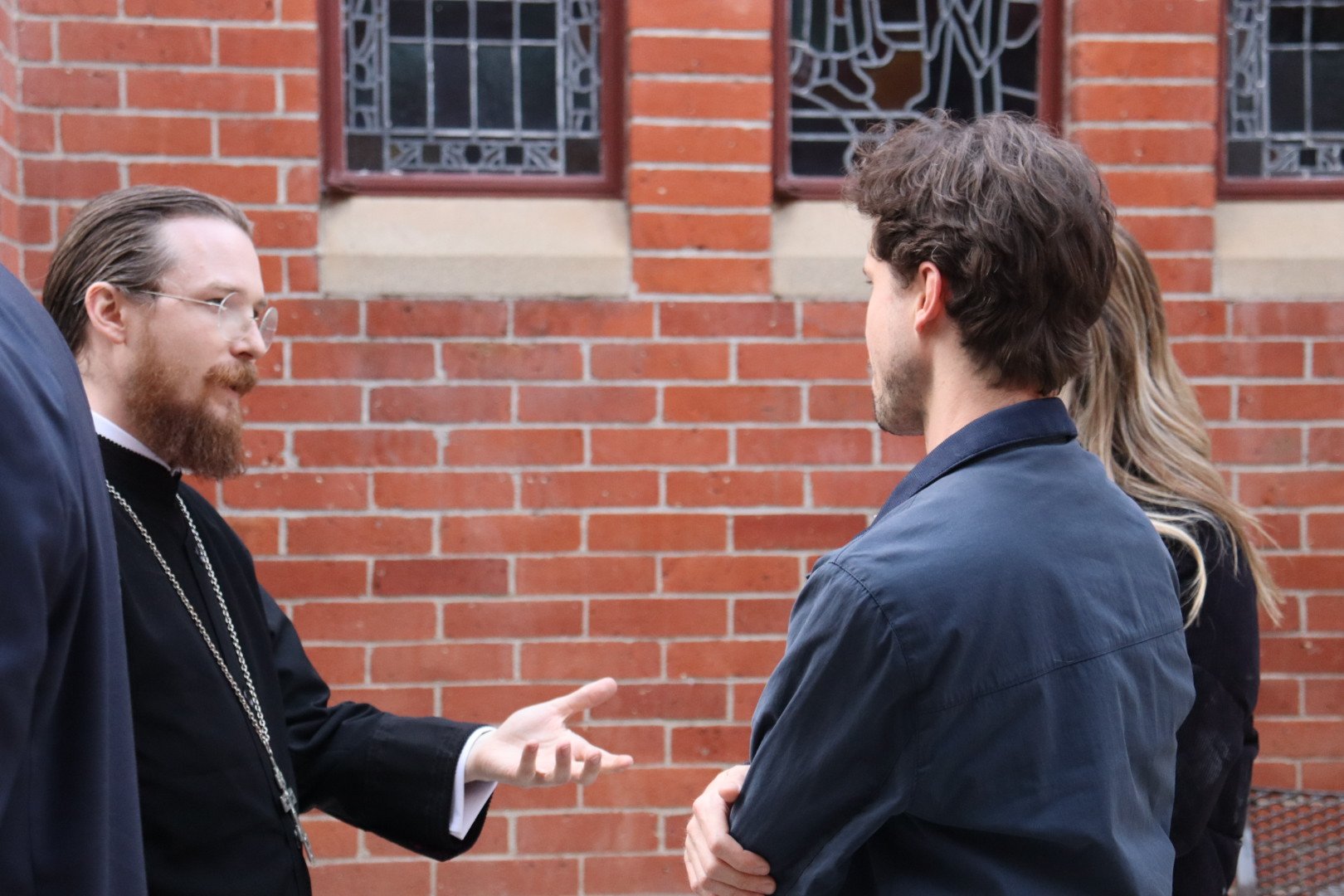
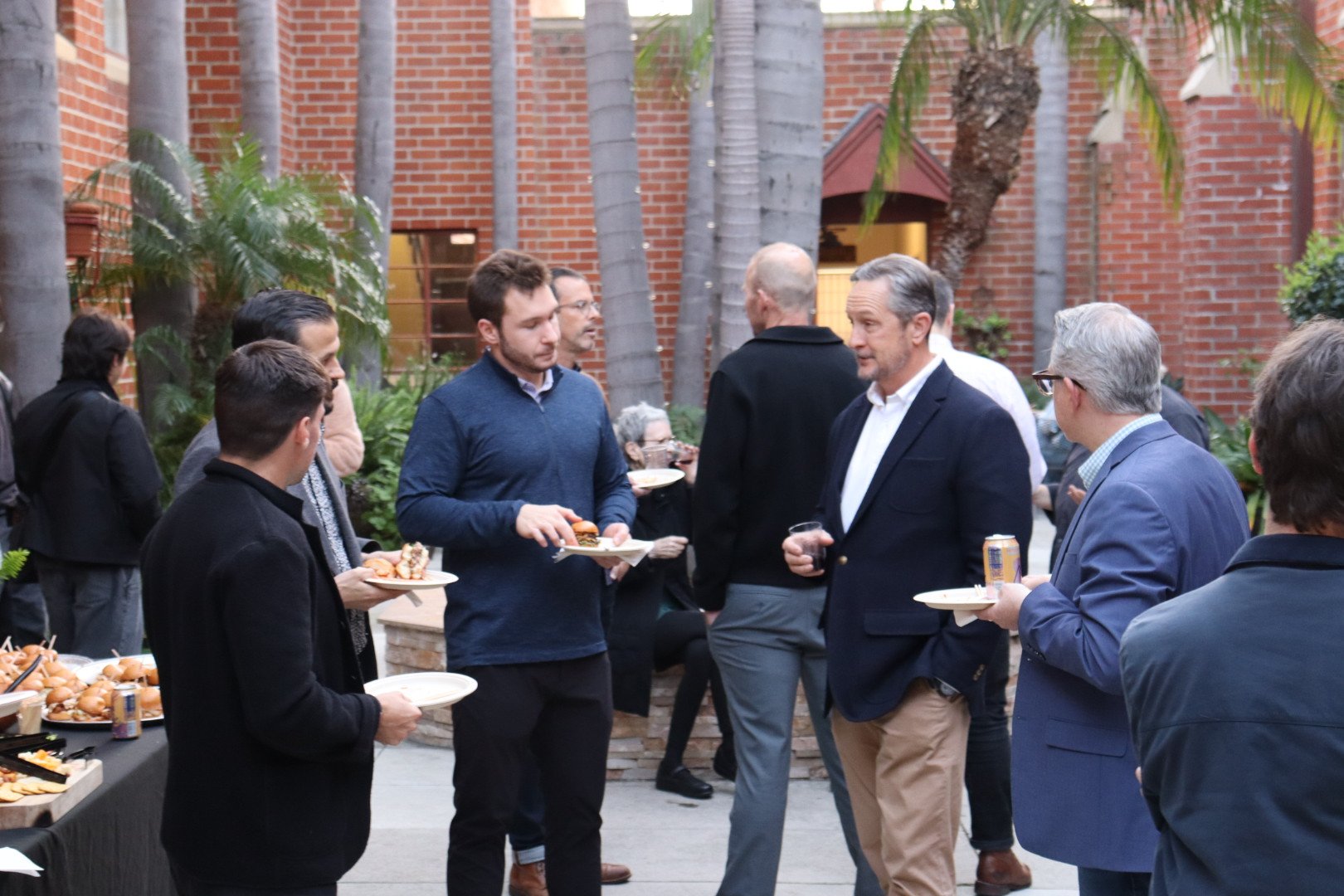
 The Pacifica Center for Philosophy + Theology
The Pacifica Center for Philosophy + Theology
The Pacifica Center for Philosophy + Theology publishes articles, hosts events, and implements a substantial curriculum to promote human flourishing. With a foundation in the Old and New Testament, students launch into Moral Philosophy, where they focus on Aristotle's Nicomachean Ethics. In Ancient Philosophy, they stand on the shoulders of giants like Plato, Aristotle, and Cicero. In Late-Antique Philosophy they spend a whole semester with Augustine’s Confessions. Through Political Philosophy and Modern Philosophy, they straddle the boundary between ancient and modern, wrestling with not just various political theories and their ramifications but the inherited atheism of Marx, Nietzsche, and Freud. Ending with Patristic Theology, they consider the first 1000 years of the Church. This arc integrates with students' education in History, English, and Language, challenging students to ask big questions about life and reality as they try to bring together what is being torn apart.
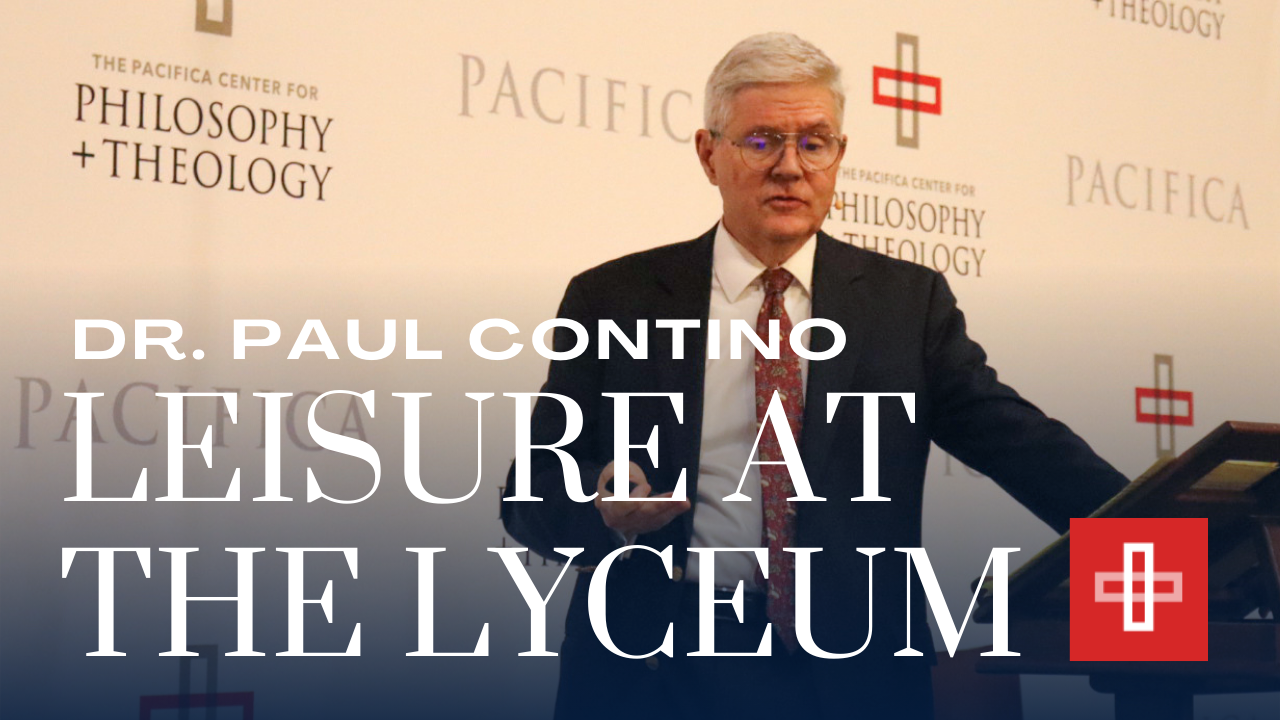
Categories
Recent Articles
10 Reasons Content Box
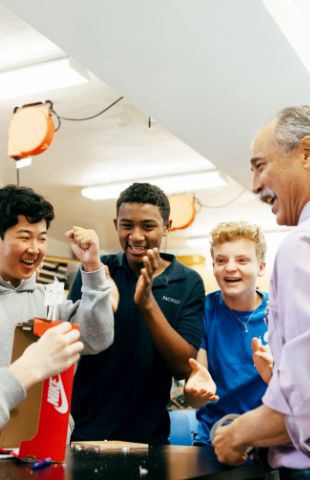
10 Reasons to Choose Pacifica






